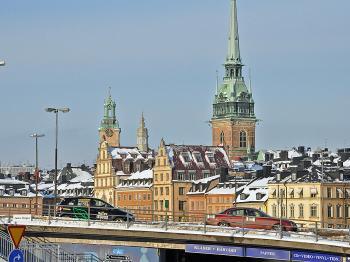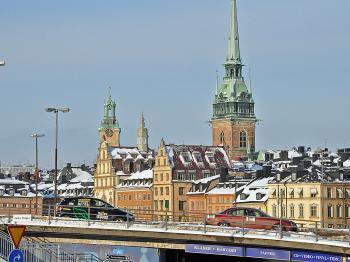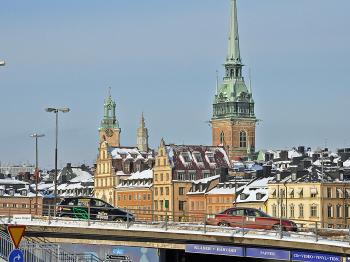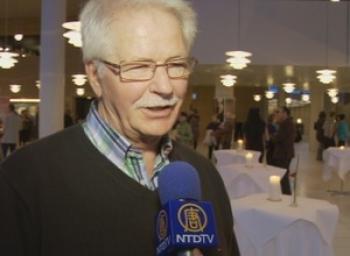The idea of recognizing a city for its environmental values came up in a meeting in Tallinn, Estonia, in 2006. The award is presented to a city in the vanguard of environmentally friendly urban living.
The idea is to improve the environment in European cities specifically, and the environment as a whole, by recognizing one city every year. The city that has been chosen needs to be able to act as a role model for others, promoting best practices and sharing experiences and ideas with other European cities.
The nominated cities were assessed by a panel that included representatives from the European Commission, the European Environment Agency, ICLEI - Local Governments for Sustainability, the European Federation for Transport and Environment, the Union of Capitals of the European Union, and the Committee of the Regions.
“More than half of the earth’s population live in cities, and in Europe the number is 80 percent. Cities thus have an important role to play in improving the environment.
“The award is an excellent opportunity to inform and inspire others about the good environmental work that the Stockholm city government, residents, and companies are doing,” says Sten Nordin, the commissioner of the finance department of Stockholm City on the city’s homepage.
Stockholm is a fast-growing city of 800,000 inhabitants. It has set itself the ambitious target of becoming fossil fuel free by 2050. The city has an integrated management system that ensures environmental issues are included in the city’s budget, operational planning, reporting, and monitoring. The integrated waste management system means high recycling rates, especially of biowaste, using underground vacuum-controlled systems.
The idea is to improve the environment in European cities specifically, and the environment as a whole, by recognizing one city every year. The city that has been chosen needs to be able to act as a role model for others, promoting best practices and sharing experiences and ideas with other European cities.
The nominated cities were assessed by a panel that included representatives from the European Commission, the European Environment Agency, ICLEI - Local Governments for Sustainability, the European Federation for Transport and Environment, the Union of Capitals of the European Union, and the Committee of the Regions.
“More than half of the earth’s population live in cities, and in Europe the number is 80 percent. Cities thus have an important role to play in improving the environment.
“The award is an excellent opportunity to inform and inspire others about the good environmental work that the Stockholm city government, residents, and companies are doing,” says Sten Nordin, the commissioner of the finance department of Stockholm City on the city’s homepage.
Stockholm is a fast-growing city of 800,000 inhabitants. It has set itself the ambitious target of becoming fossil fuel free by 2050. The city has an integrated management system that ensures environmental issues are included in the city’s budget, operational planning, reporting, and monitoring. The integrated waste management system means high recycling rates, especially of biowaste, using underground vacuum-controlled systems.






